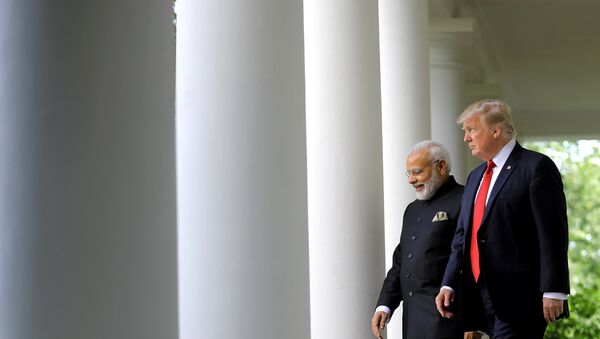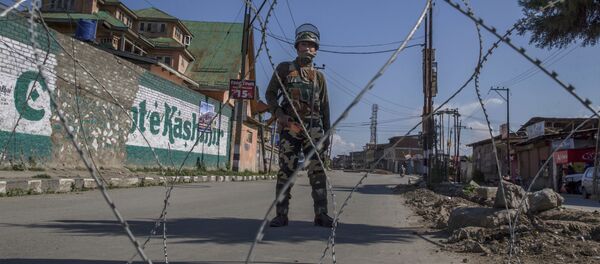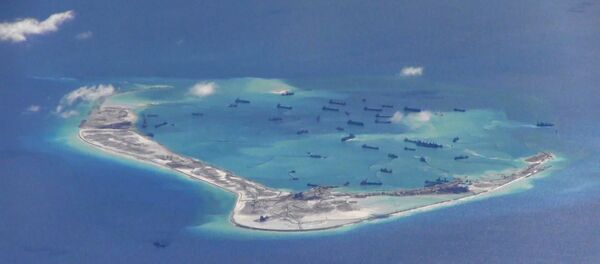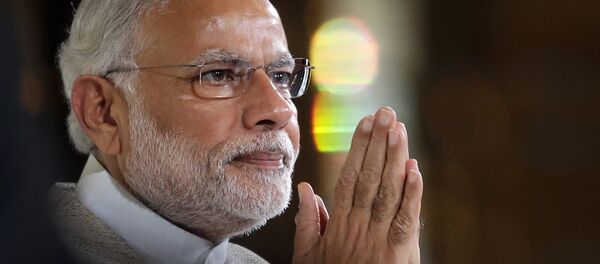Since taking over the presidency, most of Trump's policy decisions — whether pulling out the US from the Trans-Atlantic Trade Partnership, or pushing changes to H-1B visa for IT workers, or more recently, pulling out from the 2015 Paris climate change accord, — sowed seeds of uncertainty in New Delhi.
In the case of the Paris climate deal, Trump specifically named India along with China getting undue benefits at the cost of the US economy. Not surprisingly, therefore, the expectation from the first Modi-Trump meet was not very high.
"I would like to assure the country that we are in touch with the members of the US Congress and the administration on this matter. When the prime minister travels there [later this month], this is one of the issues that he is planning to raise," Sushma Swaraj had said as reported by Sputnik.
The IT sector has been one of the positive cases in India-US relations, but there was no mention of the H-1B visa issue in the joint statement issued after the Modi-Trump meeting.
On trade and economic issues, which have seen major differences, the statement said that both India and the US are "resolved to pursue increased commercial engagement in a manner that advances the principles of free and fair trade".
"It is important that barriers be removed to the export of US goods into your markets and that we reduce our trade deficit with your country," he said, during the two leaders' press briefing.
Experts said a better relationship between the US and India now hinges on what New Delhi can do for Americans, as it still depends on the whims and fancies of President Trump.
"Unless President Trump surprises us (Indians) with a tweet posted at night, it is safe to say this was a very conventional sort of meeting between the two leaders. Both leaders discovered synergies and focused on non-contentious aspects… the more contentious issues like H-1B visa, climate change, trade restrictions and the complaint of American companies on intellectual property rights, particularly in the pharmaceutical sector remain. They have not been discussed; it doesn't mean they are no longer present. President Trump clearly said he wants more access for American companies in a fair manner," Ashok Malik, noted strategic affairs expert, told a panel discussion on CNN-News18.
"The politics in the US has changed and will remain like that for the next three years with President Trump in the White House. He firmly believes in and is persuading transactional ties with everyone, and India is no different. Trump will want to show how business with India is benefitting the US and his constituency. It will be interesting to see the trajectory to India-US ties under him," Harsh V. Pant, Distinguished Fellow at Observer Research Foundation, New Delhi, and Professor of International Relations at King's College, London, told Sputnik.






